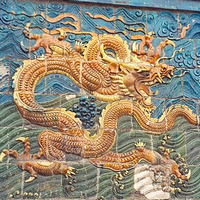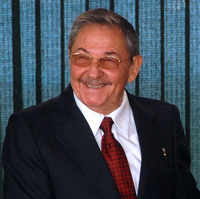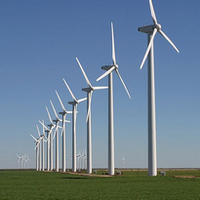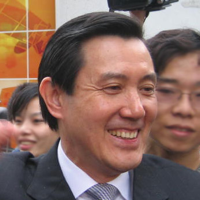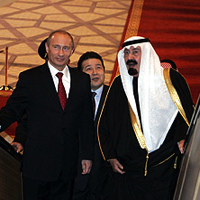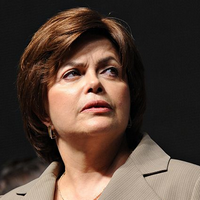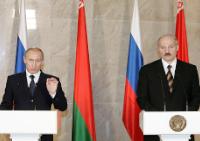
Things are not looking good for Belarusian President Alexander Lukashenko. The man who built arguably the most stable, authoritarian and centralized administration in the former Soviet Union is now struggling to maintain control. A forced currency devaluation last month wiped out the savings of ordinary citizens, who subsequently took to the streets, plunging Minsk into chaos. Throughout May, Belarus teetered on the brink of economic collapse, and Lukashenko was rumored to be plotting to flee the country. An emergency $3 billion loan package from Russia, technically administered through the Eurasian Economic Community, has stabilized the situation for now, but the […]

